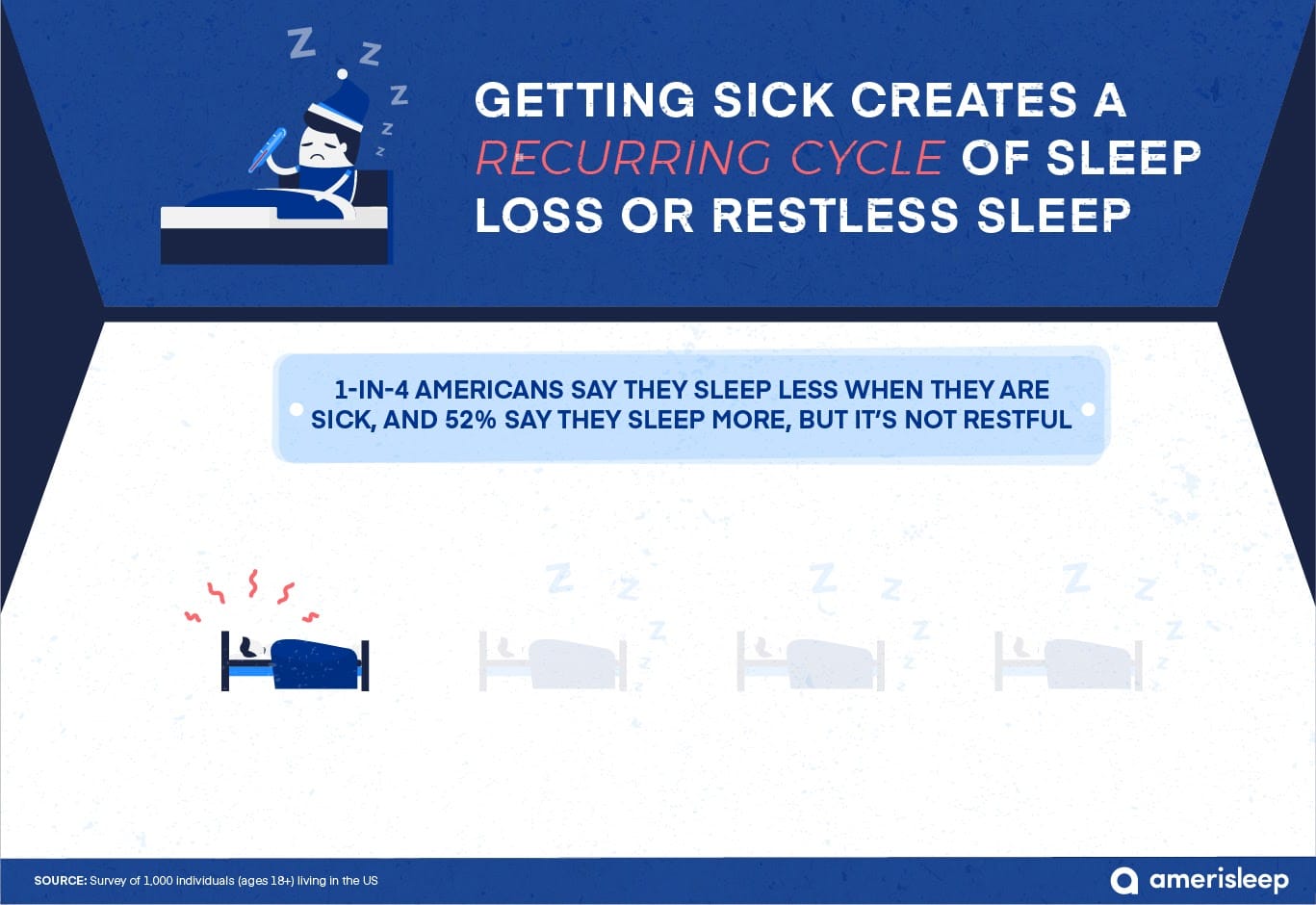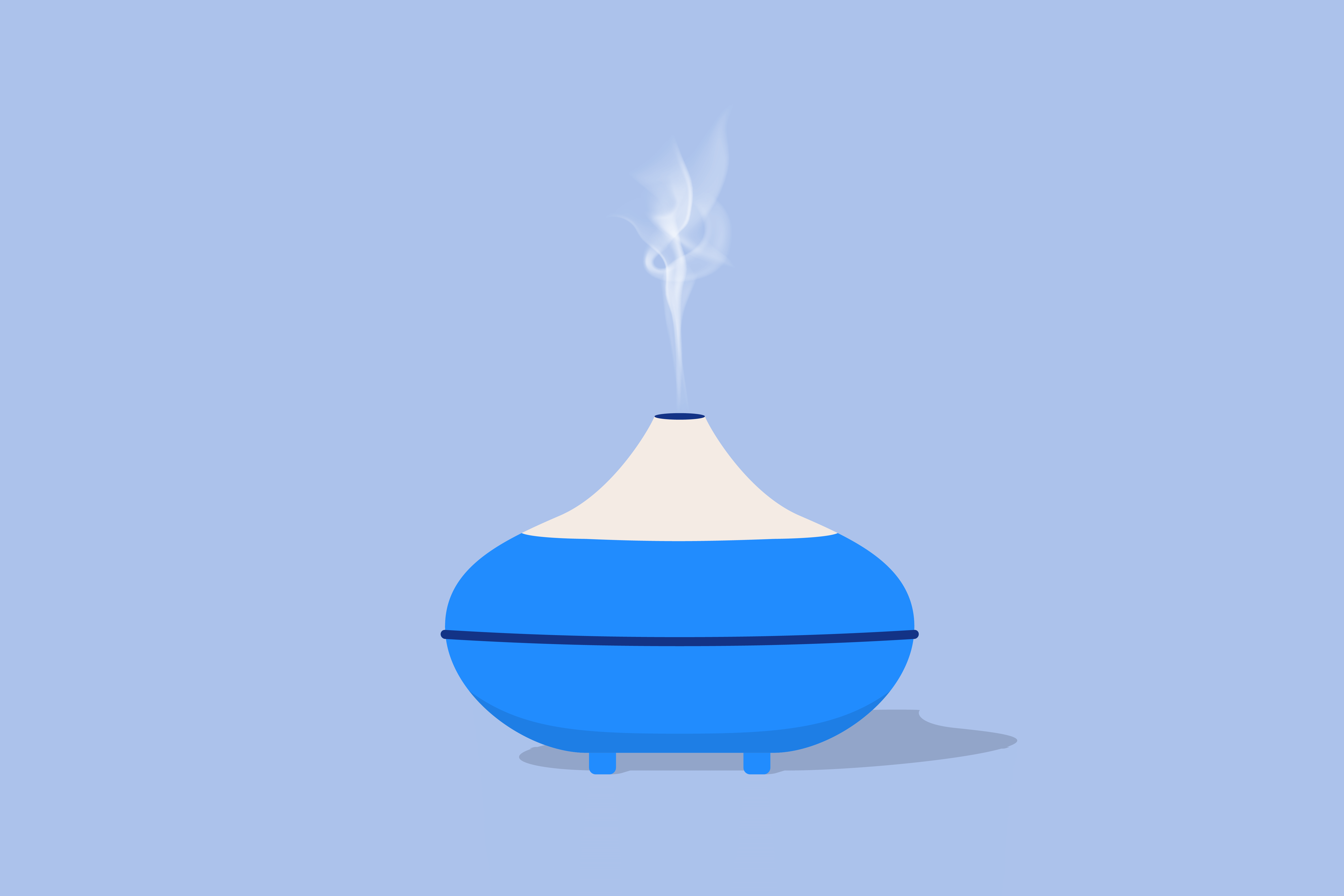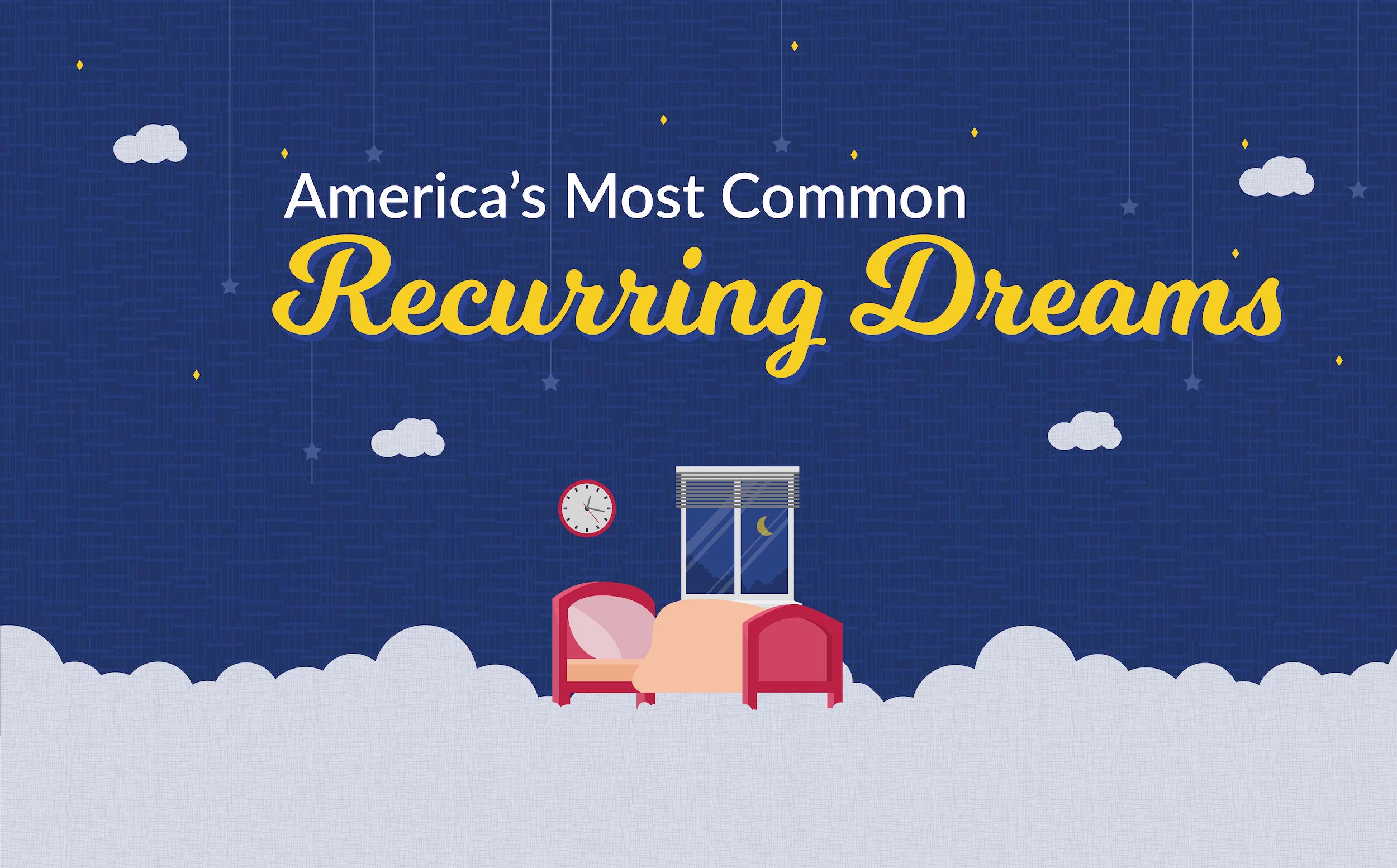Key Takeaways
- Are People Sleeping Enough to Stay Well: Most Americans (over 60%) do not get the recommended 7 to 8 hours of sleep per night, which can negatively impact the body’s immune function.
- Who Gets Flu Shots: There is a disparity in flu shot rates between lower and higher income groups, likely due to barriers like missing work and access to free or low-cost vaccines.
- How Does Sickness Affect Sleep: Getting sick often leads to a recurring cycle of poor sleep, as illnesses like the flu make it hard to fall asleep and stay asleep. Lack of sleep then makes people more susceptible to getting sick again.
For many Americans, winter is an exciting time of the year. A time for vacations, the promise of a new year, and in many locations, weather that turns landscapes into wonderlands.
However, it also brings with it some not-so-welcomed things, such as the inevitable influx of fever, chills, and a runny nose as the flu rears its ugly head.
Although the Coronavirus currently has the global headlines, the flu (or influenza as it’s known in medical circles) caused over 647,000 hospitalizations and 61,200 deaths in the U.S. last season. Furthermore, the 2019 to 2020 flu season has caused over 10,000 deaths already. That’s nothing to sneeze at!
Psychology would suggest that the recent fear of newer viruses like Corona is due to the underlying enhanced fear of the unknown, but whatever the illness, getting enough sleep plays a crucial role in preventing, combatting, and healing.
Sleep, and specifically the lack of it, which often precedes or follows winter bugs, is something many Americans are dealing with right now as well. Due to that, we wanted to see how sleep and the flu season interact. To do so, we surveyed 1,000 individuals (ages 18+) living in the US.
Who is Getting the Sleep They Need to Boost Their Immune Systems?

First, we asked U.S. adults about their sleep patterns to get a baseline view into whether or not they are getting the recommended amount of Zzz’s for their body’s immune system and overall health. Studies show Verified Source Mayo Clinic Ranked #1 hospital by U.S. News & World Report and one of the most trusted medical institutions in the world. The staff is committed to integrated patient care, education, and research. View source that people who don’t get enough quality sleep are more likely to get sick after being exposed to a virus, and when you do get sick, more sleep can lead to a faster recovery. Why is this? When you don’t get the proper amount of sleep, infection-fighting antibodies and cells are reduced, making your bodies battle against the flu a lot harder.
It turns out that most Americans (42%) sleep 5-7 hours per night, with only 38% reporting that they get the recommended 7-8 hours. With the estimated U.S. population of those over 18 hovering around 255 million, that means approximately 158 million Americans aren’t getting the recommended amount of sleep!
When sorting by generations, Gen X was the least likely to get the recommended 7-8 hours of sleep (35.1%), followed closely by Boomers (35.2%). Meanwhile, Gen Z, which still counts some teenagers among its ranks, was the most likely generation (42%) to get the recommended amount of sleep per night.
Generational definitions can vary slightly, but here are generally accepted ranges for each generation:
- Baby Boomers: Born: 1946-1964
- Generation X: Born: 1965-1980
- Millennials (Generation Y): Born: 1981-1996
- Generation Z: Born: 1997-2012
Given that lack of sleep is associated with a drove of consequences such as an inability to concentrate, mood swings, issues with memory, and even more serious issues, including the triggering of manic episodes Verified Source ScienceDirect One of the largest hubs for research studies and has published over 12 million different trusted resources. View source and impact to the microbiota in the gut, Verified Source ScienceDirect One of the largest hubs for research studies and has published over 12 million different trusted resources. View source the fact that more than 60% of the population is not at the recommended threshold is indeed concerning. However, in an age where we are ‘always on,’ it’s not entirely surprising.
Lack of Sleep Often Leads to Sickness for 1 in 5 Americans

While the flu can be a highly contagious virus that even the most health-conscious and preventive individuals can pick up, there’s no question that more sleep is better when it comes to staving off this pesky illness.
This is precisely why 68% of Americans say that lack of sleep at least sometimes leads to them getting sick, and a further 1-in-5 say it’s often the case.
When we separated those who are chronically sleep-deprived (4 or fewer hours of sleep per night), we found that they were much more likely to say they already had the flu this season.
Only 16% of respondents who averaged 4-plus hours of sleep per night said they’ve had the flu so far this season, while 31% of those who averaged less than 4 hours of sleep per night said they’d had the flu this season.

Weathering the Season With Flu Shots

Overall, 18% of U.S. adults report having had the flu already this cold and flu season, with millennials slightly more likely (22%) than the general population to say they’ve already had it since November 2019. While those numbers might seem pretty low, the fact is that the flu season lasts well into spring.
That said, it does appear that Americans are following through with their plans to get the flu shot as a preventative measure this season. A survey by the National Foundation for Infectious Diseases Verified Source National Foundation for Infectious Diseases Nonprofit focused on educating about contagious diseases. View source (NFID) in September 2019 found that 52% of American adults planned to get a flu shot this season.
“Vaccination rates were down but it’s a breath of fresh air to see it rising again, especially amongst the younger generation,” says Dr. Nilong Vyas. “As a physician, when you have seen children and the elderly die of the flu, it is critical to encourage vaccination.”
Our study discovered that 49% of Americans have already followed through with their plans to get a flu shot. This is a positive sign, given the flu season usually peaks in February. Verified Source Centers for Disease Control and Prevention (CDC) The United States’ health protection agency that defends against dangers to health and safety. View source However, it’s important to note that the flu shot can take a couple of weeks before it can protect you, so getting it earlier in the season is always better than getting it later in the season.
Money Shouldn’t Buy You the Flu Shot

While overall flu-shot prevalence looks on track, when we dug deeper into demographic data on flu shots administered by income levels, we found a pretty significant discrepancy between lower and higher-incomes receiving the flu shot. Only 40% of the U.S. population living within households with less than $50,000 annually report receiving a flu shot this season. Comparatively, 55% of households reporting more than $50,000 income report receiving a flu shot this season.
This isn’t the first time this troubling discrepancy has been found. A previous CDC study Verified Source Centers for Disease Control and Prevention (CDC) The United States’ health protection agency that defends against dangers to health and safety. View source uncovered that in the 2016 to 2017 flu season, 48% of expectant mothers on public insurance (primarily through Medicaid) got the flu vaccine compared with 59% that had private insurance.
If you’re wondering how this is possible, even with some businesses and clinics offering free vaccines and giving a gift card in exchange, the issues go deeper. Many lower-income families don’t live near a national pharmacy chain ready to carry flu vaccines. More commonly, many lower-income households cite fear of fearing missing work or not being able to take off work as a reason they didn’t get a flu shot.
In a day and age where you’ll likely experience a long wait in a doctor’s office only to hear that the viral infection found has to ‘run its course,’ these families are also less likely to be proactive with flu symptoms, also due to the inability to miss work.
Getting Sick Creates a Recurring Cycle of Sleep Loss Or Restless Sleep

For those not taking preventative measures like the flu shot, getting sick can lead to a recurring cycle of losing sleep. More than 1-in-4 Americans say they sleep less when sick, and 52% say they sleep more, but it’s not restful.
And even if you are among the 24% that try to get more than 8 hours, the 34% that try to get to sleep earlier, or the 19% that add naps to supplement their sleep when they feel the onset of the flu coming on, the fact is that when you’re sick, all sleep is not good sleep.
We’ve all been there, tossing and turning throughout the night as a stuffy nose and incessant cough make it impossible to go to or stay asleep. Americans say that these ailments (48% and 35%), respectively are the biggest threat to a good night’s sleep when they’re ill.
And for all the parents out there, a sick child at home can create a vicious lack of sleep cycle that contributes to an illness making the rounds around the house. 52% of our respondents say they sleep less when their child is sick because they wake up to care for them.
“It is important to remind parents that when their infants are ill with a stuffy nose, suction them before and after sleep times (and with any wake-up overnight) to ensure adequate sleep,” says Dr. Vyas.
How We Prefer to Recover From Being Bedridden

When we are sick, we often find comfort in the little things. Binging our favorite TV shows, eating some yummy but not-so-healthy foods, and just finding a cozy spot to hunker down and let our body heal. We wanted to see people’s preferred go-to comfort items and bedside TLC when they’re ill.
It turns out that the top go-to comfort item is an extra blanket (44%), followed closely by cozy pajamas and socks (40%). Looking at the results by gender, women’s #1 go-to is cozy pj’s and socks (48%), while men’s #1 go-to is an extra blanket (52%).
Regarding preferred bedside TLC in addition to the cozy add-ons, general respondents were most likely (36%) to say that their preferred TLC is to be left alone with peace, quiet, and hopefully some sleep!
FAQs
What are the flu stages?
The flu typically progresses through several stages. The initial stage involves the sudden onset of symptoms like fever, chills, fatigue, and muscle aches. Respiratory symptoms, such as a cough and congestion, often follow. Recovery generally occurs within a week, but lingering fatigue and weakness may persist.
Does flu affect sleep?
Yes, the flu can affect sleep. Symptoms such as congestion, coughing, body aches, and fever can disrupt sleep patterns. Taking measures to alleviate these symptoms, such as using a humidifier, taking over-the-counter medications, and staying hydrated, can help improve sleep during a bout of the flu.
How long does flu fatigue last?
Flu-related fatigue can last for several days to weeks. While the acute symptoms usually subside within a week, it’s common for fatigue and weakness to linger during the recovery period. Adequate rest, hydration, and a balanced diet can help manage and speed up the recovery from flu-related fatigue.
Is it normal to want to sleep all day with the flu?
Yes, it’s normal to feel an increased need for sleep when you have the flu. Rest is crucial for the body to recover from illness. Listen to your body’s signals, get plenty of sleep, and allow yourself time to heal.
How can I speed up my flu recovery?
To speed up flu recovery, focus on getting adequate rest, staying hydrated, and maintaining proper nutrition. Over-the-counter medications may help alleviate symptoms. Consult a healthcare professional for personalized advice, especially if symptoms persist or worsen.
Does sleep help flu recovery?
Yes, adequate sleep is essential for flu recovery. Sleep supports the immune response and helps the body heal. Ensure a comfortable sleep environment, address symptoms that may disrupt sleep, and prioritize rest to aid in the recovery process.
Can you be around someone with the flu and not get it?
While it’s possible to be around someone with the flu and not contract it, the flu is highly contagious. Practice good hygiene, such as frequent handwashing, and consider getting vaccinated to reduce the risk of infection. If you have close contact with someone with the flu, monitor your health and seek medical advice if symptoms develop.
Conclusion
In response to our report’s findings, Amerisleep’s sleep researcher, April Mayer, adds:
“Counting on a restful night’s sleep is vital to a person’s physical and mental health. Good sleep is the simplest solution to preventing illness and can help a body heal faster. It’s interesting to see a disparity in the amount of lower income families not choosing to receive a flu shot, especially given the main concern of missing work. We hope everyone has easy and affordable access to the vaccines they need and a good night’s sleep, and that they never have to worry about the flu.”
To help you get a good night’s sleep and avoid those pesky illnesses, make sure to check out our sleep tips at Amerisleep. Using more technology linked to improved sleep than any other brand, our proprietary design and materials will help you unwind and settle in for a night of comfort when you need it most. Visit us at Amerisleep today.
About the author
McKenzie Hyde is a Certified Sleep Science Coach and a full-time writer specializing in sleep health and the mattress industry. With a Master of Arts degree in literature and writing from Utah State University, McKenzie combines her passion for writing with her in-depth knowledge of sleep science. Her articles cover a wide range of topics, including best sleep practices for students, the consequences of sleep deprivation, and choosing the right mattress for back pain relief. McKenzie's dedication to delivering accurate and informative content makes her a valuable contributor to the field of sleep health.
View all posts





